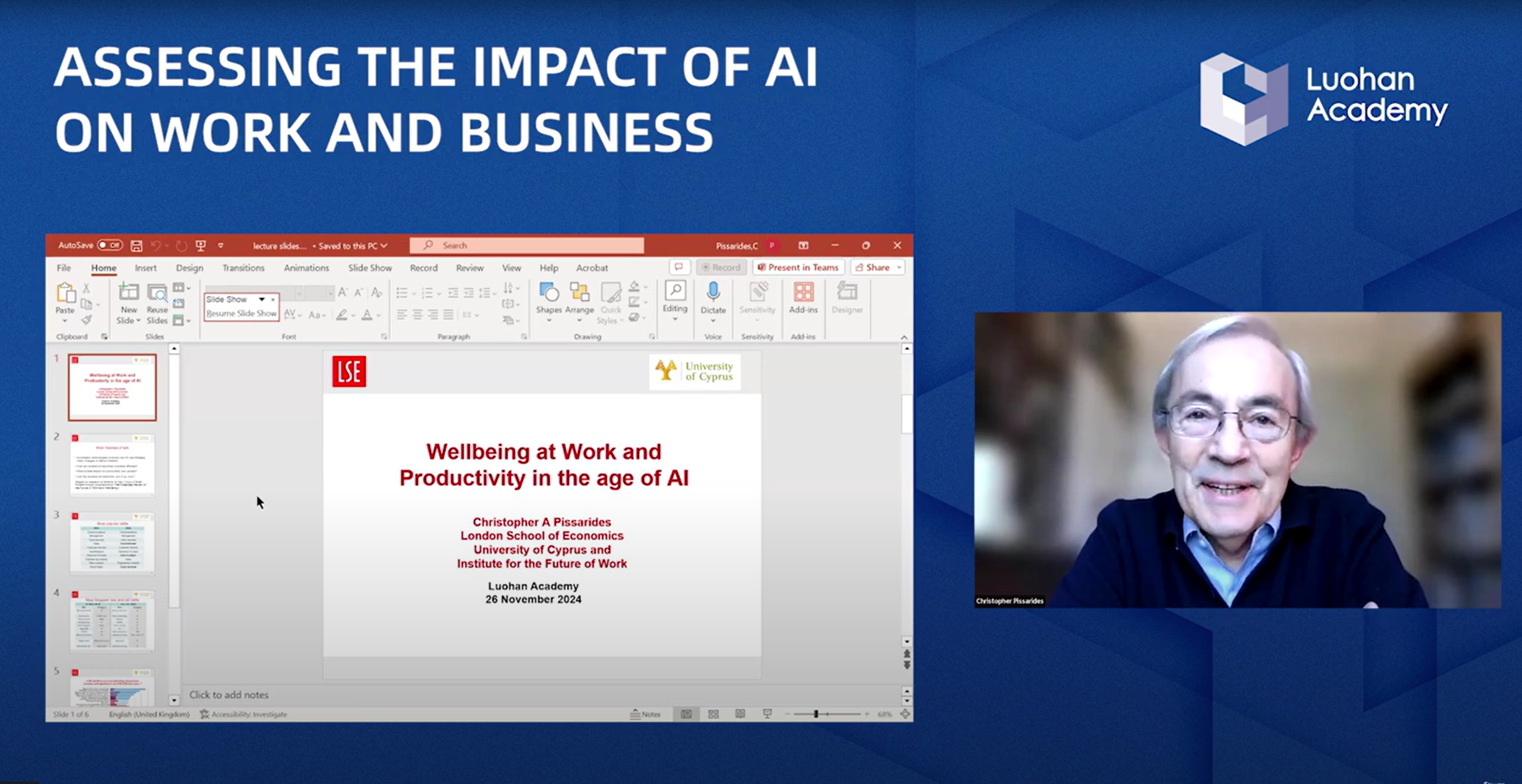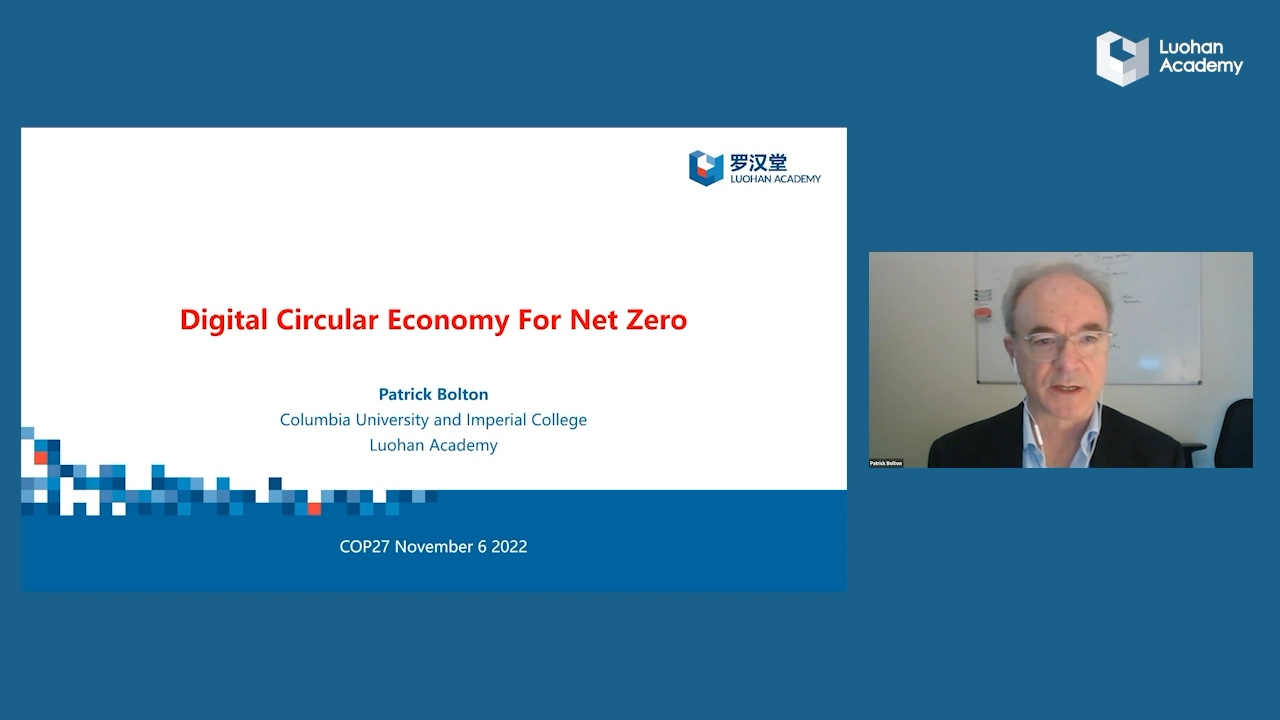Bank of Canada economist, Shota Ichihashi, recently finished a new work on the dynamics of privacy choices of users in digital services.
Model and Implication
Consider Joe is using a social media service. He regularly uses the application to read news or posts from friends, and sometimes expresses his opinion with tools such as "like" or "forward". The app can then analyze his profile, including some personal attributes such as age, gender, and location, and by monitoring his behaviors. The more active Joe is using the application, the more data the app can collect, which often means higher revenue, better service, and more accurate targeted advertising.
For Joe, there is a tradeoff in how to use the application. On the one hand, he enjoys the benefit of using social media, mainly the convenience it brings as well as socializing with his network of friends. On the other hand, he also values his privacy and is concerned about the risk of data leakages, identity theft, or other potential abuse of his personal information. If Joe thinks that the privacy cost of using the app is high, he will reduce his activity on the platform.
The platform considers people's concerns by committing to a specific privacy policy. The policy is a contract on the determination of privacy protection and the limitation of the data usage.
Ichihashi's paper develops a dynamic game-theory model that analyzes the equilibrium outcome of the interactions, as mentioned earlier. The critical economic tradeoff is that if the consumer has less privacy (when the platform already knows a lot about the consumers), then they face a lower marginal privacy cost of using the service (since it won't change much).
In the long run, the consumers will keep a high activity level, and the platform will start with a relatively strict privacy policy and gradually relax them. Increasing competition may not be constructive to mitigate this issue, because consumers have less privacy facing the incumbent, which already collected lots of information when compared to a new entrant. Therefore, the data collection of the market leader becomes a barrier to entry for new businesses.
Reference
Ichihashi, S. (2020). Dynamic privacy choices. In Proceedings of the 21st ACM Conference on Economics and Computation (pp. 539-540).









